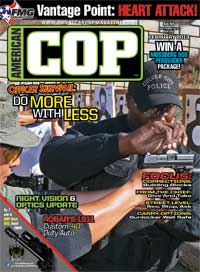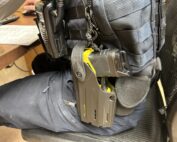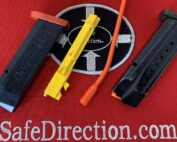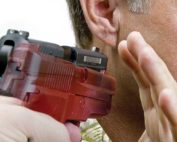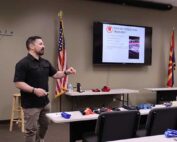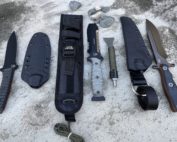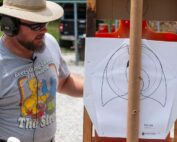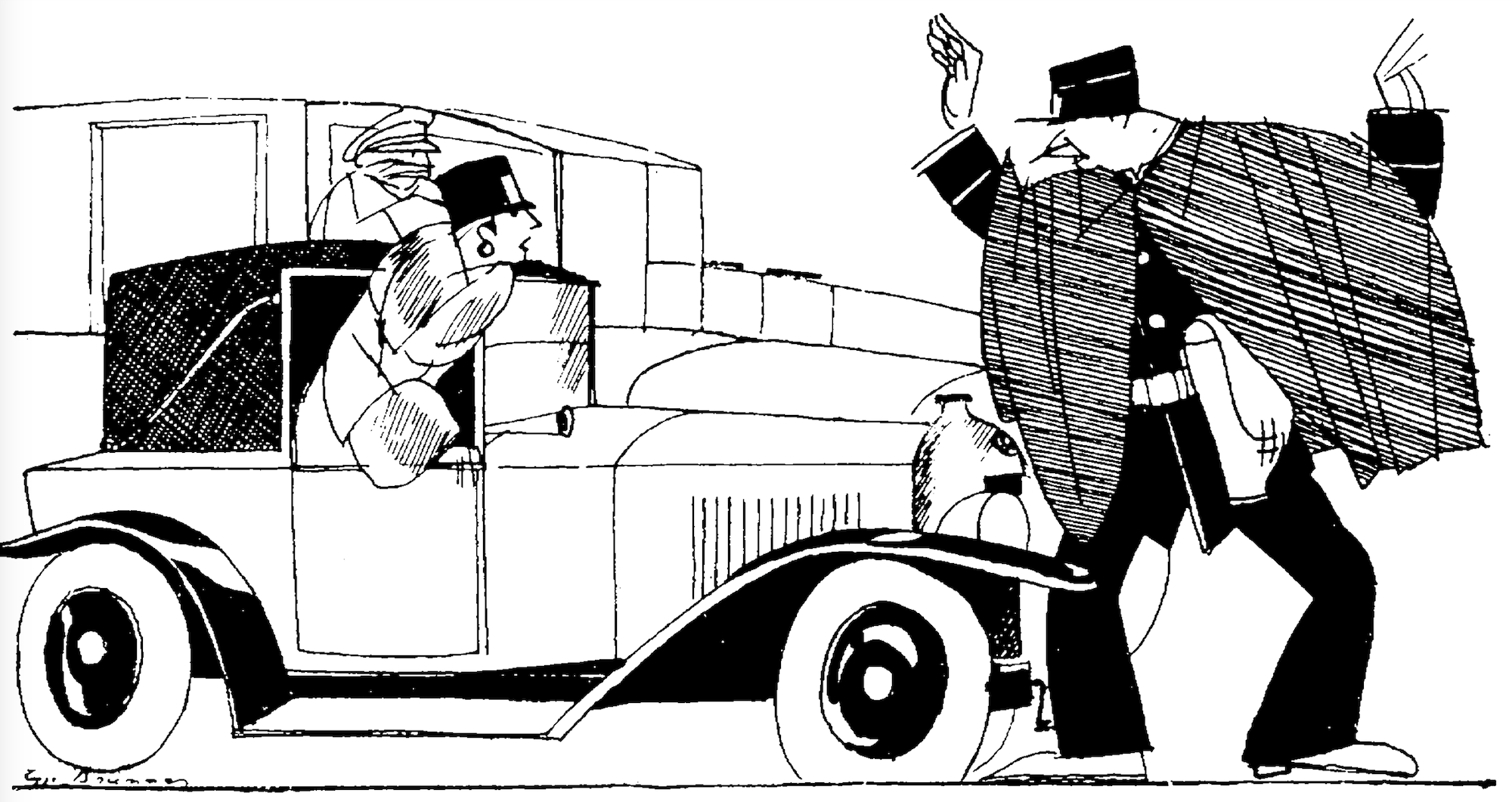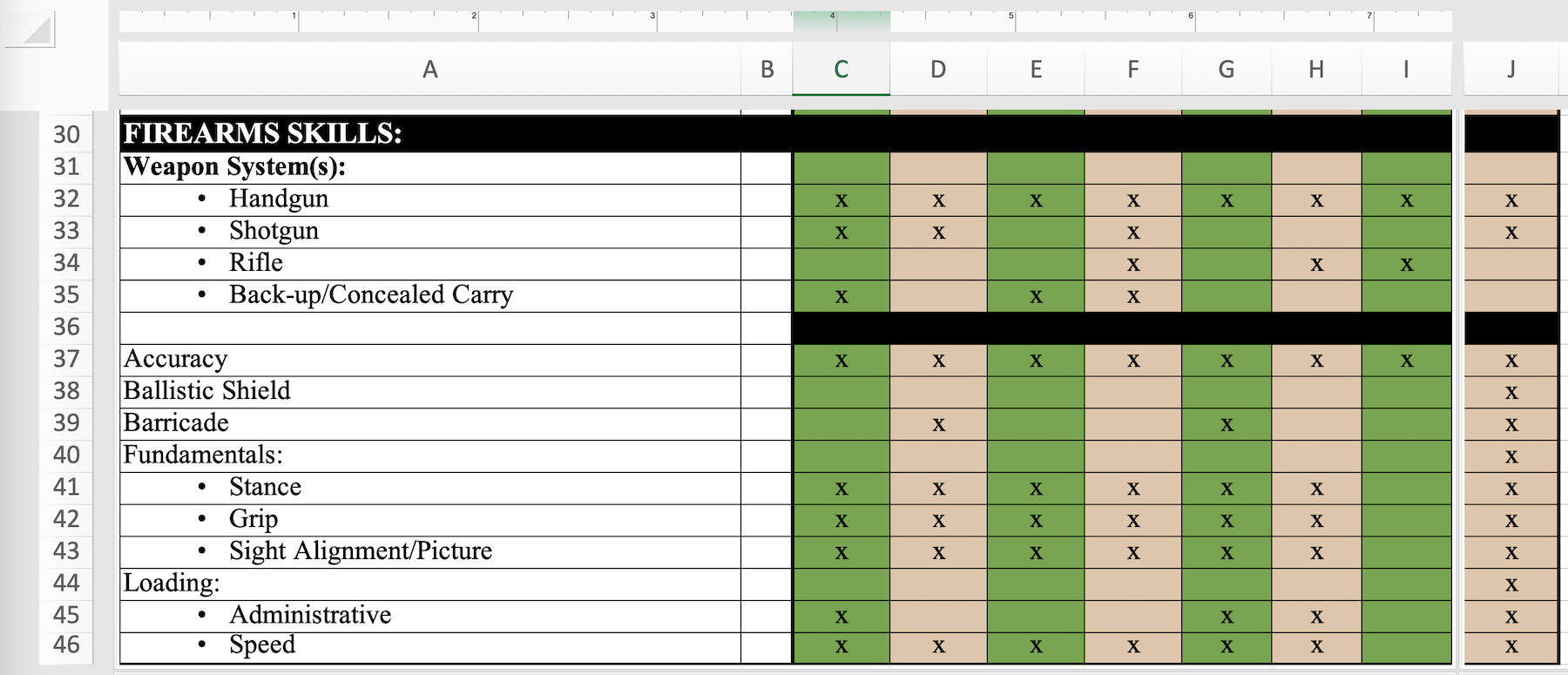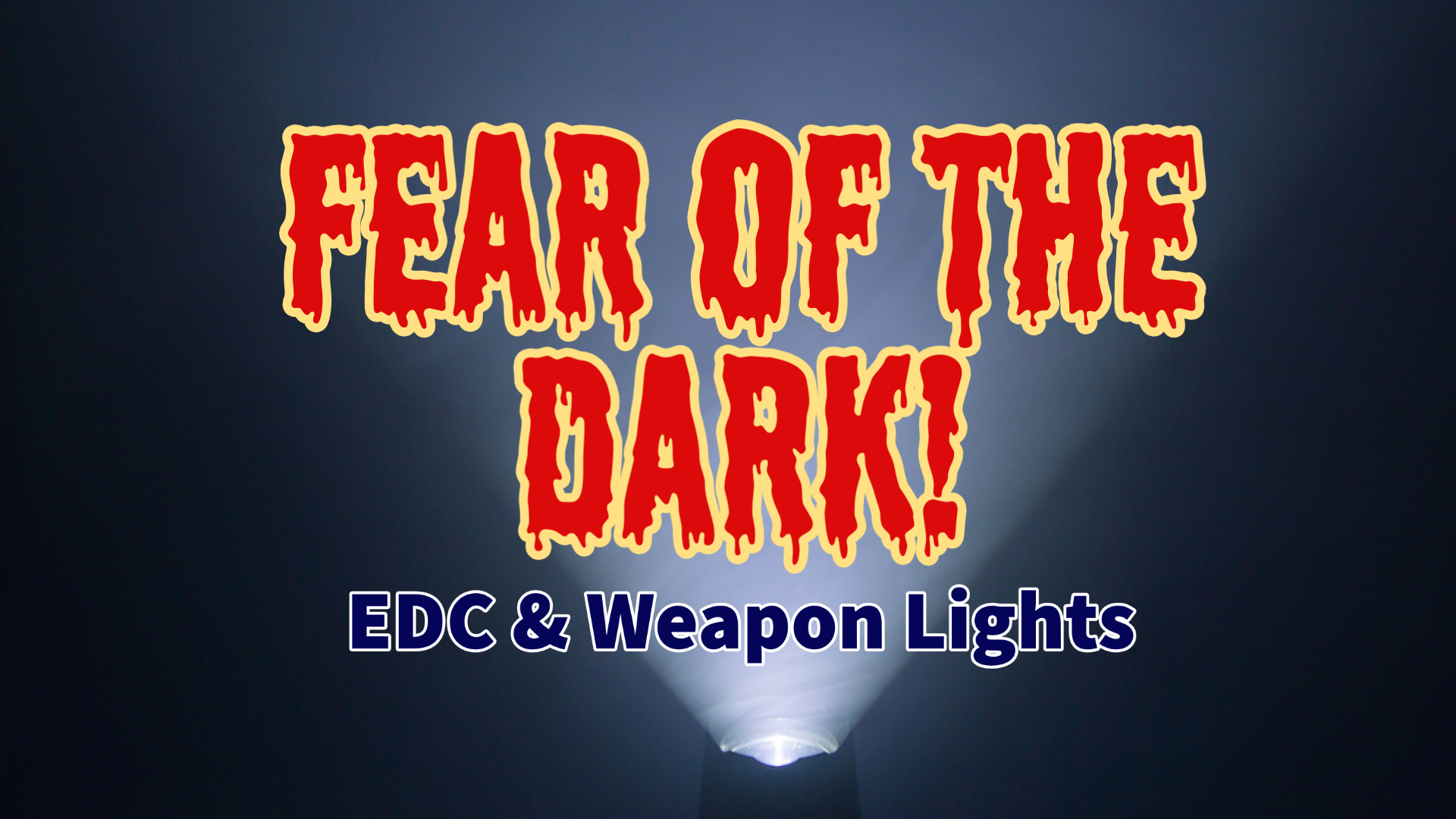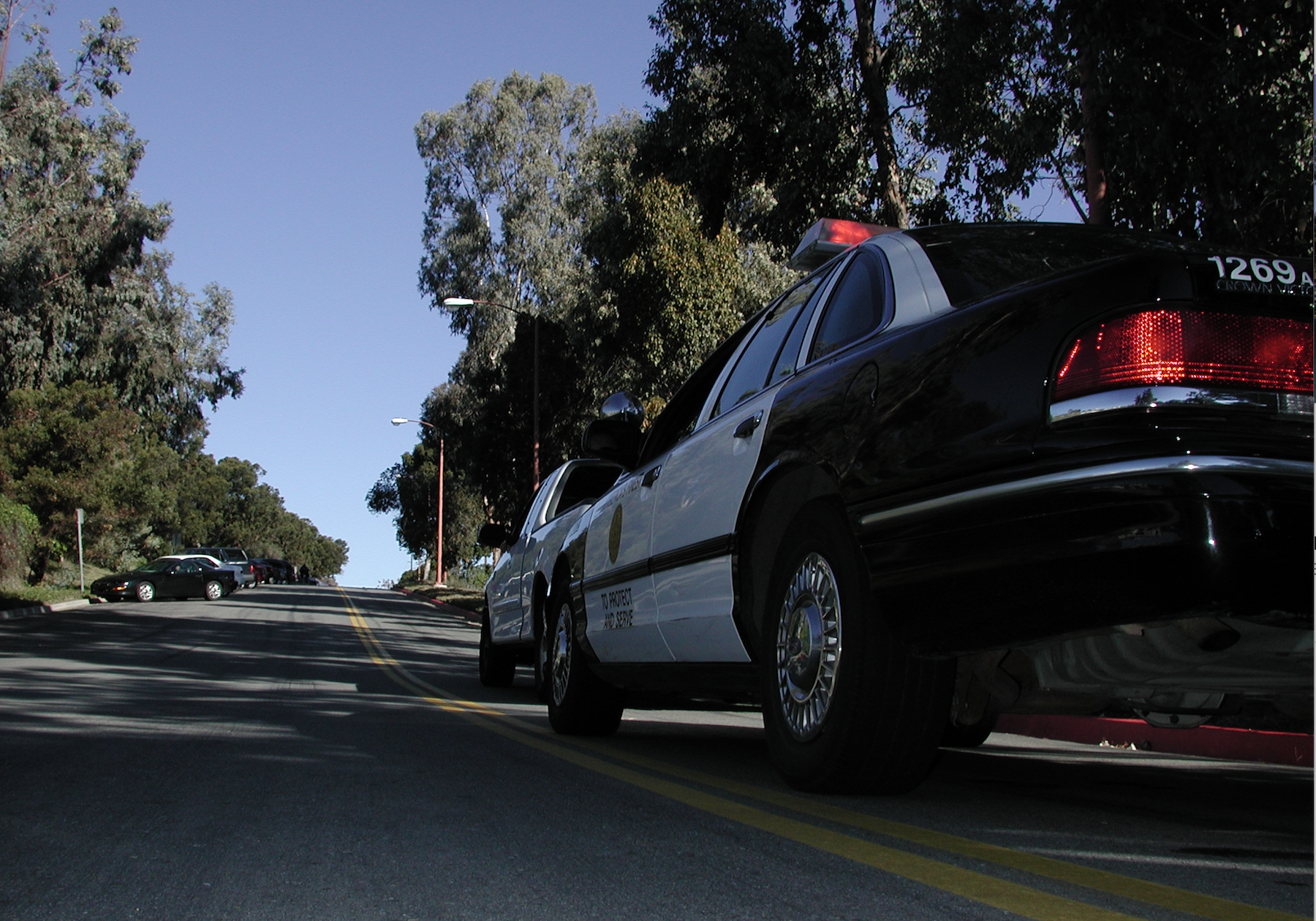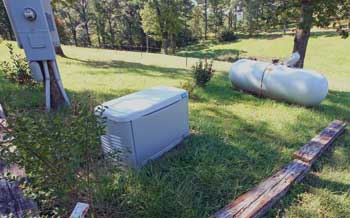
PUB-1
The hysterics of the hurricane on the East coast has subsided a bit, but the work will still need to be done. At the least, tens of millions of people got a first-person lesson on what it was like to not be prepared for even a minor inconvenience, much less a major disaster like that. After experiencing the EF5 tornado that essentially annihilated a third of Joplin about 2 years ago, I found out just how important being even modestly prepared for an “event” really is. We took the liberty of installing a whole-house generator when we first moved in here and it’s one of the best investments we’ve ever made. It’s propane-powered and air-cooled and automatically senses the grid is down, starts, and then shunts its power to the house, isolating us from the grid.
When the tornado struck, it ran non-stop for 5 days. Our house was a home base for many people, who came to eat, cool off, shower or just generally get away from the mess. It also made me rest easy, and gave me a home base to work from to help in town. Not having to worry about freezers thawing, refrigerators warming, wells not working and all the rest gave me the peace of mind to help work on the bigger problem. So how does that apply to you?
One of the biggest problems emergency services people experience when disaster strikes is that all too often, their own families are either in danger or simply “off-the-grid,” just like the people they’re trying to protect. It’s hard to leave your house, knowing your family has no power, no water and may be in jeopardy from looters or worse. Duty may call, and the vast majority of you will go — but without the peace of mind needed to do your job safely.
Moral of the story? Take the time to get prepared now, even at a minimum level. It’s almost white noise to people when I say to lay in a bit of canned food, batteries and lights, an oil lantern or two, water, meds, basic tools (do you have a chainsaw?), personal protection options and a generator. Make sure to have an electrician wire-in a panel you can simply plug your generator into and, by throwing a breaker, allow it to power key parts of your house. Then, actually start the generator and try it out, and teach your family how to use it.
But you likely won’t do it, and I know that. Look at the New Yorkers, those who love the urban lifestyle and shopping for their dinner daily. Suddenly the stores were gone, no food, no power, no emergency services and few had backup plans. Panic ensued, anger, fistfights, mile-long gasoline lines — and worse. And don’t even get me going about their unions not allowing outside power companies to help out. How’s that again? Could you have gone to work leaving your family to deal with that … alone?
Maybe a lesson here is to avoid people filled urban areas and live in less-populated rural areas? As one friend said who lived through it in New York, “Put a rat in a box and it’s fine. Now fill that box with hundreds of rats and suddenly things get ugly.”
A reader sent me an e-mail today; I thought it timely: “No guns, no chainsaws, no tractors … no brains.” Taking what he said in the spirit of the moment, I think he might be on to something there.
By Roy Huntington
View The American COP February 2013 Issue Now

